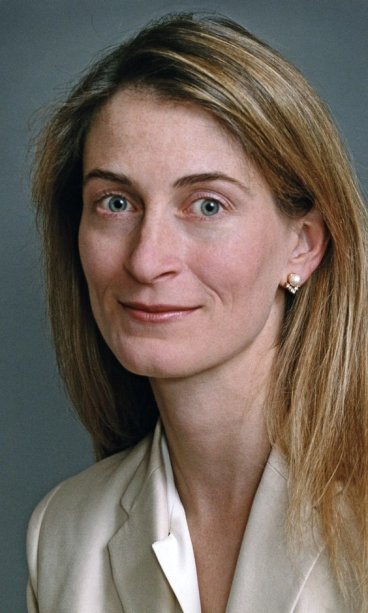A.O.C Nier Lecture

This year’s Nier Lecturer is Dr. Robin Canup, Vice President of Solar System Science & Exploration at the Southwest Research Institute. She will be presenting a talk titled Origin of the Moon.
Dr. Canup joined Southwest Research Institute in Boulder in 1998. Her research utilizes both numerical simulations and analytical models to study the formation and early evolution of planets and their moons. She has modeled many aspects of the formation of the Moon, including hydrodynamical simulations of lunar-forming impacts, the accumulation of the Moon and its initial composition and orbital evolution, and how bombardment may have affected Earth-Moon isotopic compositions. Her models for the origin of the large satellites of the gas giant planets have emphasized the potential early loss of satellites due to gas-driven orbital decay, and how this process may both select for the similar observed ratios between the current satellite system masses and their host planets and provide a potential mechanism to produce icy rings at Saturn. She has also developed models for an impact origin of the satellite systems of Pluto and Mars. Canup was the recipient of the 2003 Urey Prize of the Division of Planetary Sciences and the 2004 Macelwane Medal of the American Geophysical Union. She was elected to the National Academy of Sciences in 2012 and to the American Academy of Arts and Sciences in 2017. She and Professor Phil Christensen (ASU) have been selected by the National Academies to co-chair the 2023-2032 Planetary Science and Astrobiology Decadal Survey. Canup and her husband and their two children live in the foothills outside Boulder.
A.O.C. Nier served as a highly distinguished faculty member of the Physics Department for 42 years starting in 1938. He was actively involved in research up to the time of his death in 1994. A firm believer in “pursuits of knowledge - in areas, which cross traditional lines” he had an enormous impact on the geological sciences by his pioneering work on isotope abundances and measurements of many elements which are used in radiometric age determinations of geologic materials. He received many national and international awards in recognition of his discoveries and contributions to Physics, Geological Sciences and many other fields.
Registration (Deadline: Friday, April 12, 2024)
